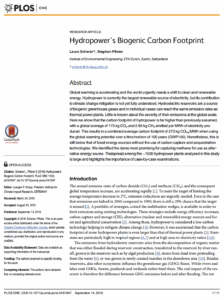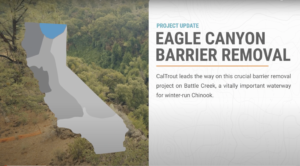Federal Agencies Fail Salmon & Idaho in Columbia-Snake River FEIS Plan
Click Here for PDF version
###
NEWS RELEASE
FOR IMMEDIATE RELEASE
7/31/2020
Contacts:
Nic Nelson, Executive Director – Nic@idahorivers.org, 208-343-7481
Stephen Pfeiffer, Conservation Associate – stephen@idahorivers.org, 208-343-7481
Federal Agencies Fail Salmon & Idaho in Columbia-Snake River FEIS Plan
Today, The Army Corps of Engineers, Bureau of Reclamation, and Bonneville Power Administration released the Final Environmental Impact Statement (FEIS) for the Columbia River System Operations, a critical document in the review process for the Lower Snake River dams’ operations and for the fate of salmon and steelhead in Idaho. The FEIS is a monumental failure in addressing the drastic decline of salmon and steelhead in the Snake River system and fails to communicate the urgency and need to update the BPA model in the evolving energy space.
With the agency’s preferred alternative in the latest EIS, and for the 8th time in nearly 30 years, the action agencies have failed to comply with the orders of 3 different federal district court judges (Malcom Marsh, James Redden, and Michael Simon) to meet the requirements of the Endangered Species Act. Despite billions of dollars spent on these efforts, the listed salmon species remain in a perilous state, while the agencies have chosen to support the same operations that have failed the region for decades.
Even with the massive shortcomings in this release, however, is the inclusion and admission of the agencies that Lower Snake River dam removal (MO3) delivers the “highest benefits” to salmon and other species. In fact, it is the only alternative proposed that brings any recovery to anadromous fish.
Nic Nelson, Executive Director of Idaho Rivers United, states, “While I am greatly disappointed with the agencies’ failure to consider their own science and not choose the only alternative that provides recovery for Snake River salmon and steelhead, I am pleased that quietly embedded in the document is a framework for a strategy to recover salmon and steelhead through restoration of the Snake River. While the agencies have shown no proclivity to solving this issue we must work with our Congressional leadership to achieve recovery, while investing in river and rural communities to provide solutions that make our agriculture economy stronger and our energy portfolio reliable and more competitive.”
While this FEIS completely fails Idaho, we see a path forward that propels recovery of wild fish; reinvigorates river communities, guides, and outfitters; and supports Tribal cultural values and treaty rights. Idaho Rivers United is committed to continuing its mission of working regionally with all interests to ensure a solution for long-term recovery of abundant wild salmon and steelhead happens before it’s too late.
With the structure and tenure of the federal delegation in the Pacific Northwest, this is the greatest opportunity for the region to shape its own path forward. After iterating that he wanted salmon back in healthy and sustainable numbers, Mike Simpson stated it best, “Either we write our own future, or someone else will eventually impose it upon us.”


